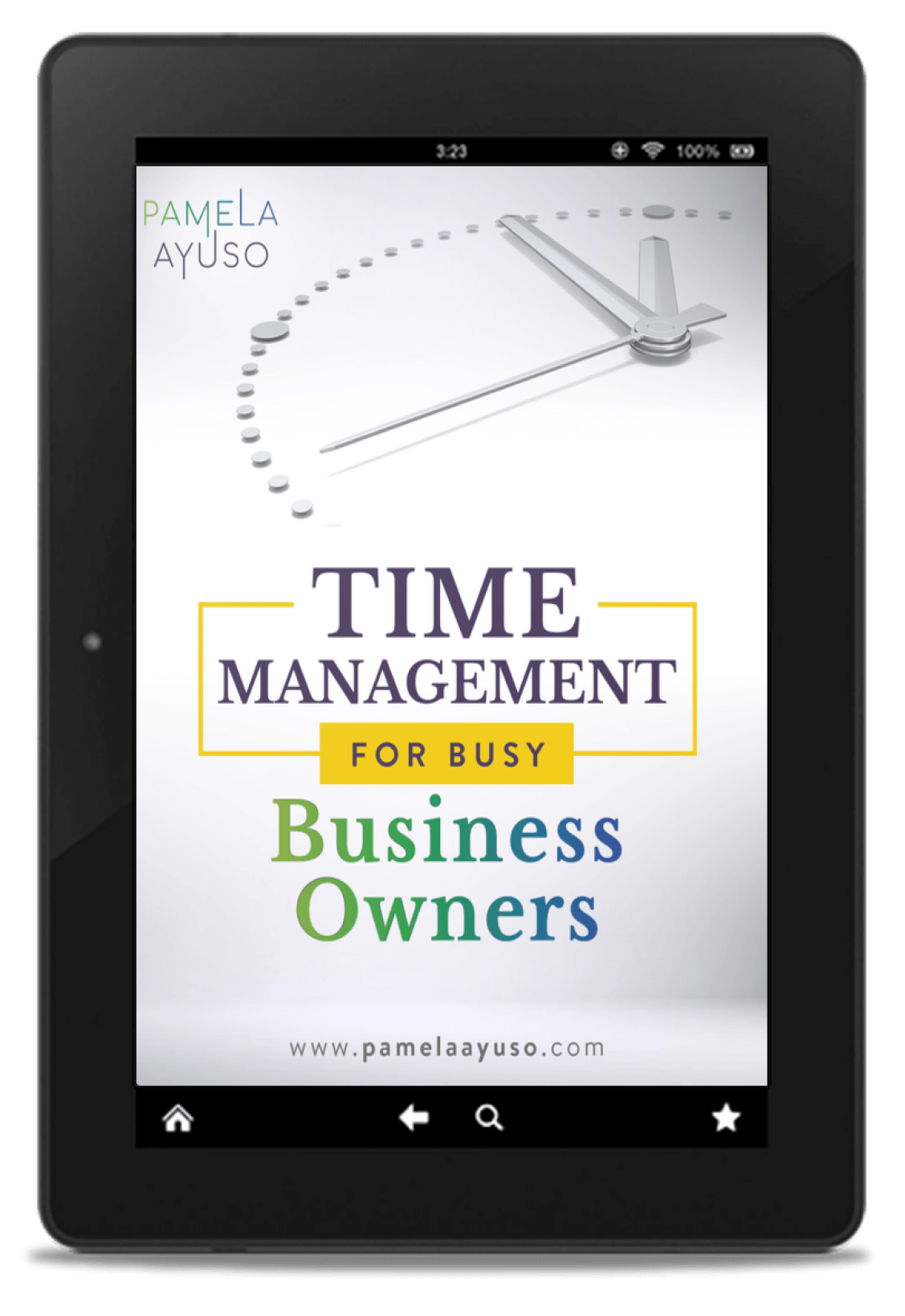For over two months, we’ve been searching for a candidate to fill a key role in the company. We have looked everywhere, and nothing. I’ve enhanced the job description, we set goals, and I even helped interview the candidates. But we haven’t found the person for the job.
I finally realized that maybe the problem was not the person, but perhaps it was me and how I positioned the role – I was asking for too much from a new person who did not know our culture and how we operated. From there, I decided to adjust to the role. I moved around some internal responsibilities yesterday, and today I feel that we are on a better path.

But it all started with me – I needed to be able to see that the path I was choosing was not the smartest one.
That is our role: trial and error, and openness to change. Things change, we change, and our companies change. We must constantly adapt.
Letting Go
First, it takes letting go of attachment to any one way of doing things. There are many paths we can take to get to our destination. Some are obvious, and others aren’t. Often, the paths that are hidden from view are the shortest and easiest. Always be on the lookout for better ways of doing things.
The minute we see an easier path, know that it is okay to let go of prior work (also known as “sunk cost” in economics) and start anew. The old path was not working, and it would be harder and longer anyway. Let go and take a new way. It will probably be better. I might still have a hard time finding the right person for this new role, but I discovered a lot by moving around the responsibilities – I set up at least two roles in places where they make more sense and will be more stable in the long term. And in that, I gained.

So, keep trying and looking. The more flexible you are, the more you will be able to see and improve.



